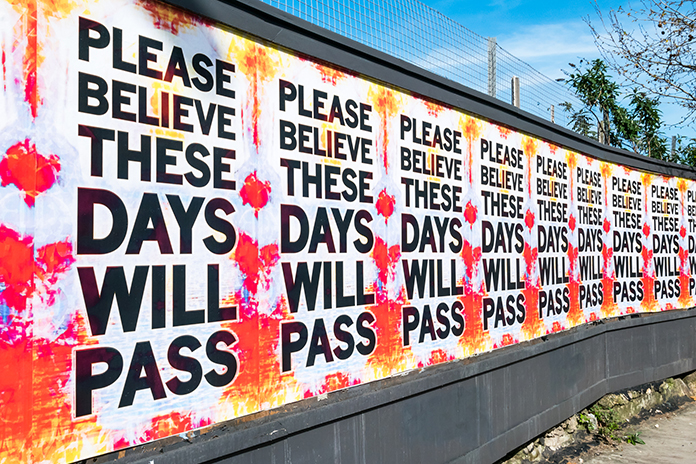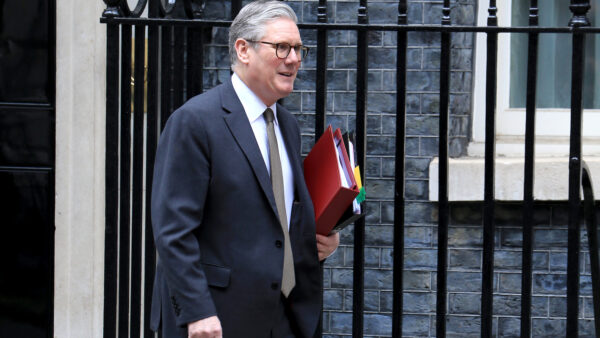
Image: Fluffthecat/Dreamstime.com
Once the coronavirus pandemic is over, can we gain any positives out of such a catastrophic situation? asks Graham Harle.

Graham Harle
As an industry, we imagined that the most we would have to worry about over Easter would be the state of the Brexit negotiations or decrying the latest chancellor’s budget announcement, not a new threat to the worldwide economy and, indeed, to human survival.
With lives still being lost at an alarming rate and no significant data [at the time of writing] to reliably indicate that the tide is indeed turning, it seems somewhat crass to raise the issue of how it might impact upon business practices in the long term.
While there is no doubt that, for all those operating in the built environment this virus poses a real threat to both life and livelihood, perhaps there are opportunities emerging, too.
Countries are working together to identify prevention and control mechanisms, sharing resources and information like never before. By utilising technology to promote data sharing and by finding ways to ensure huge swathes of the workforce are able to maintain, and in many cases accelerate, productivity remotely it has been possible to mobilise the supply chain from the top down and deliver complex projects at record speed.
Digital tools like BIM have shown their worth – allowing businesses to come together to create plans and technical drawings for new facilities within just a couple of days, while construction and fit-out phases have been expedited and coordinated in real-time via online platforms. Teams can meet virtually to discuss digital plans which can be examined in minute detail.
Smart city infrastructure
I am hopeful that we, as an industry, retain some of the flexibility which has been forced upon us and embrace chances to work together for mutual gain going forward. Looking ahead to how the global landscape may evolve off the back of this catastrophe, it seems inevitable that the demand for smart cities will grow further still.
If we consider South Korea, for example, we can see how tech has been instrumental in limiting the human cost of Covid-19 and it is likely that other nations will seek to install this kind of infrastructure in tomorrow’s cities.
I would like to think that businesses and politicians alike will not only learn from the mistakes made during these unprecedented times, but also consider what has been achieved and acknowledge the very real benefits of encouraging continued cooperation in the long term.
Graham Harle is chief executive officer of Gleeds










